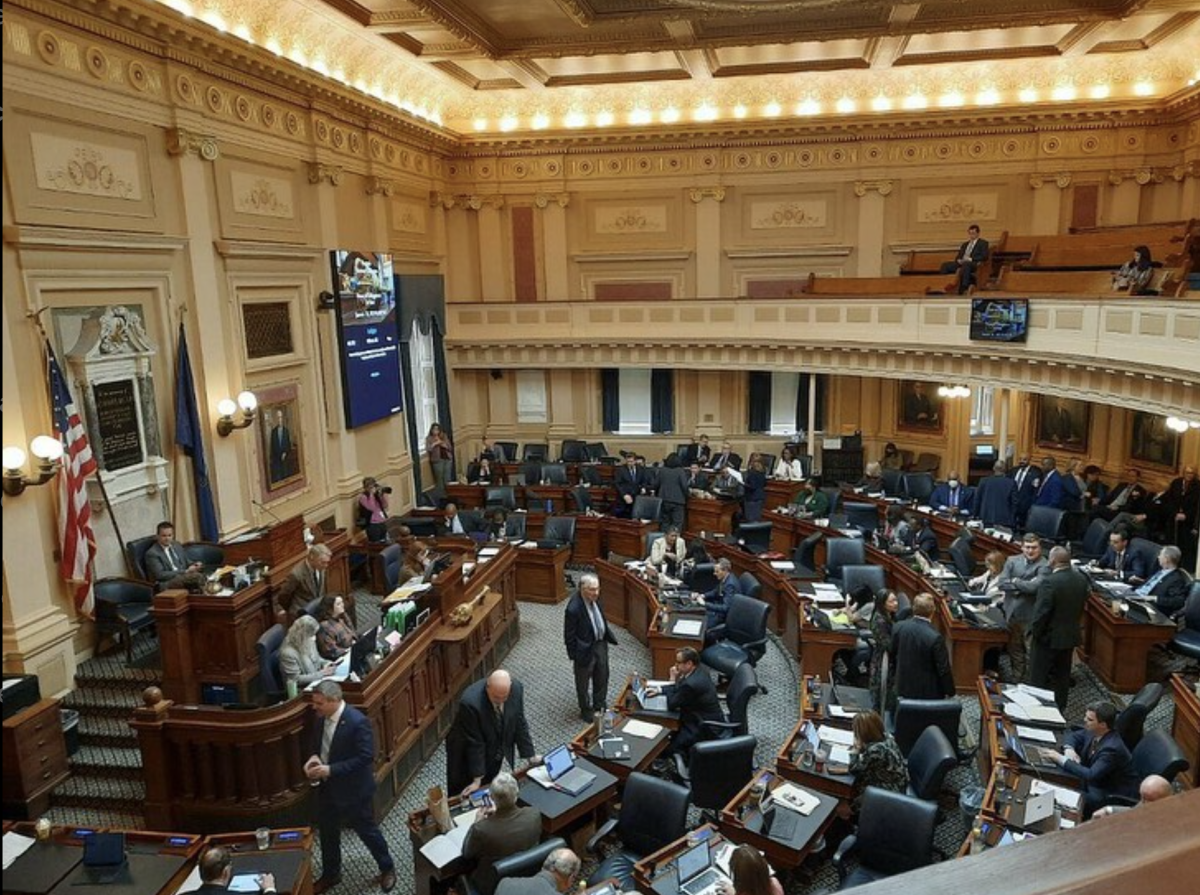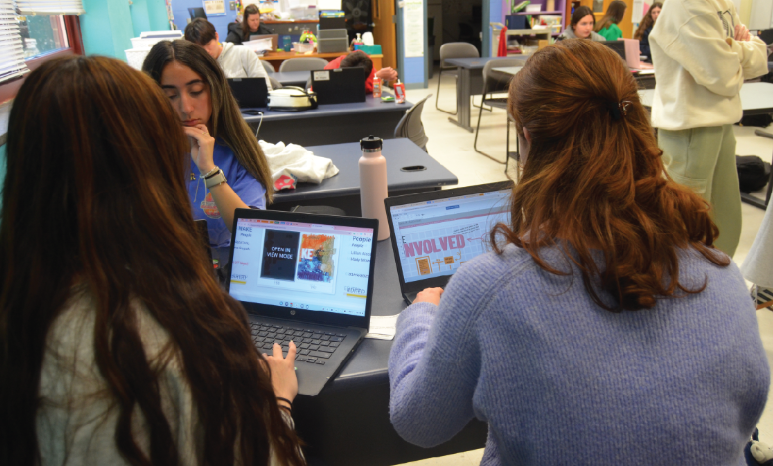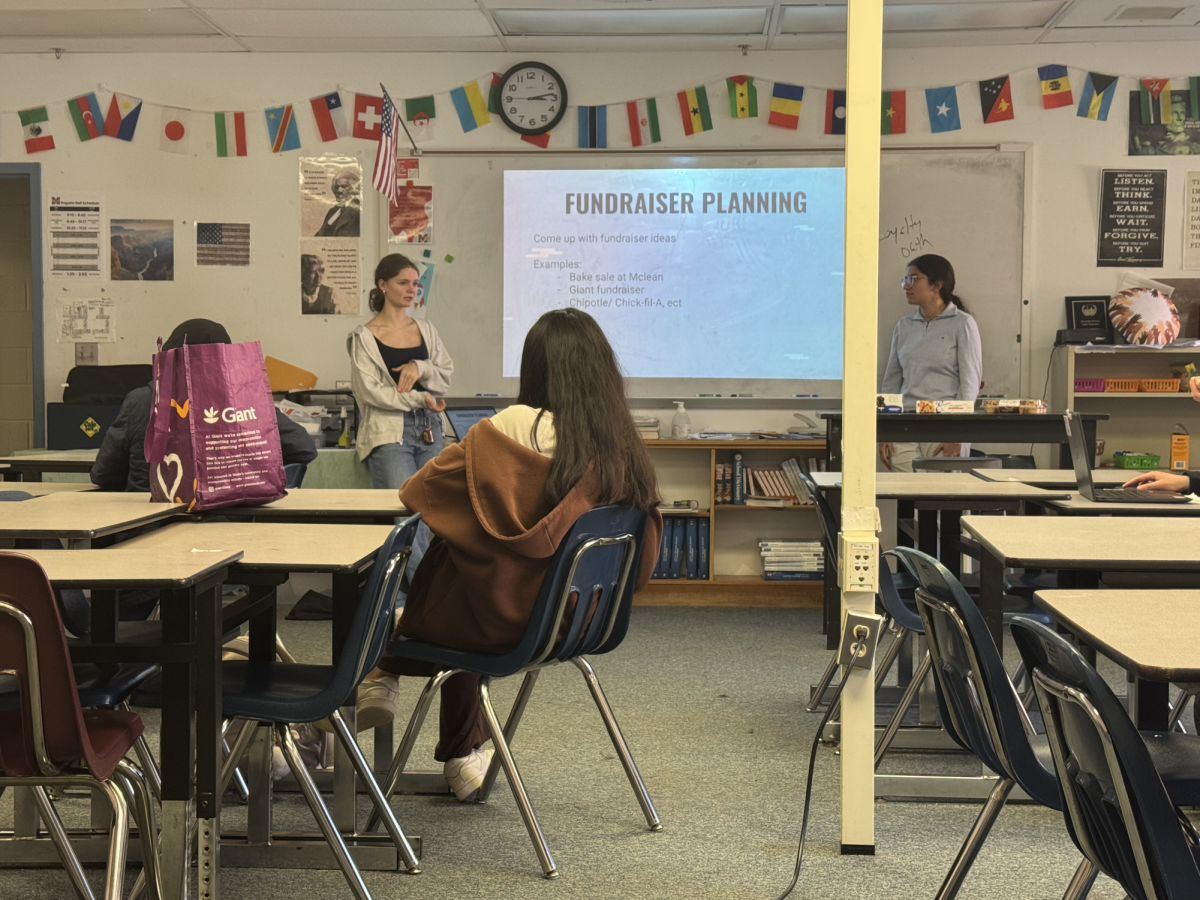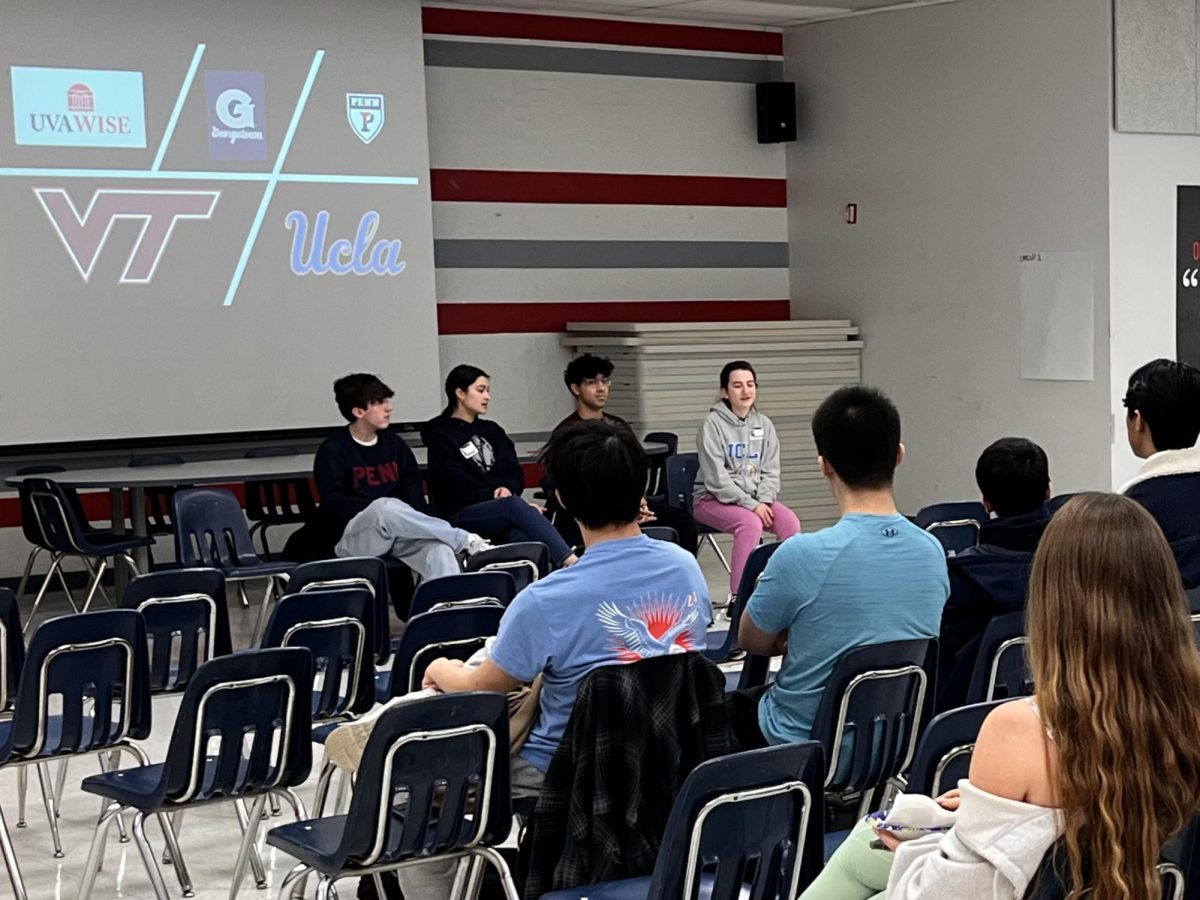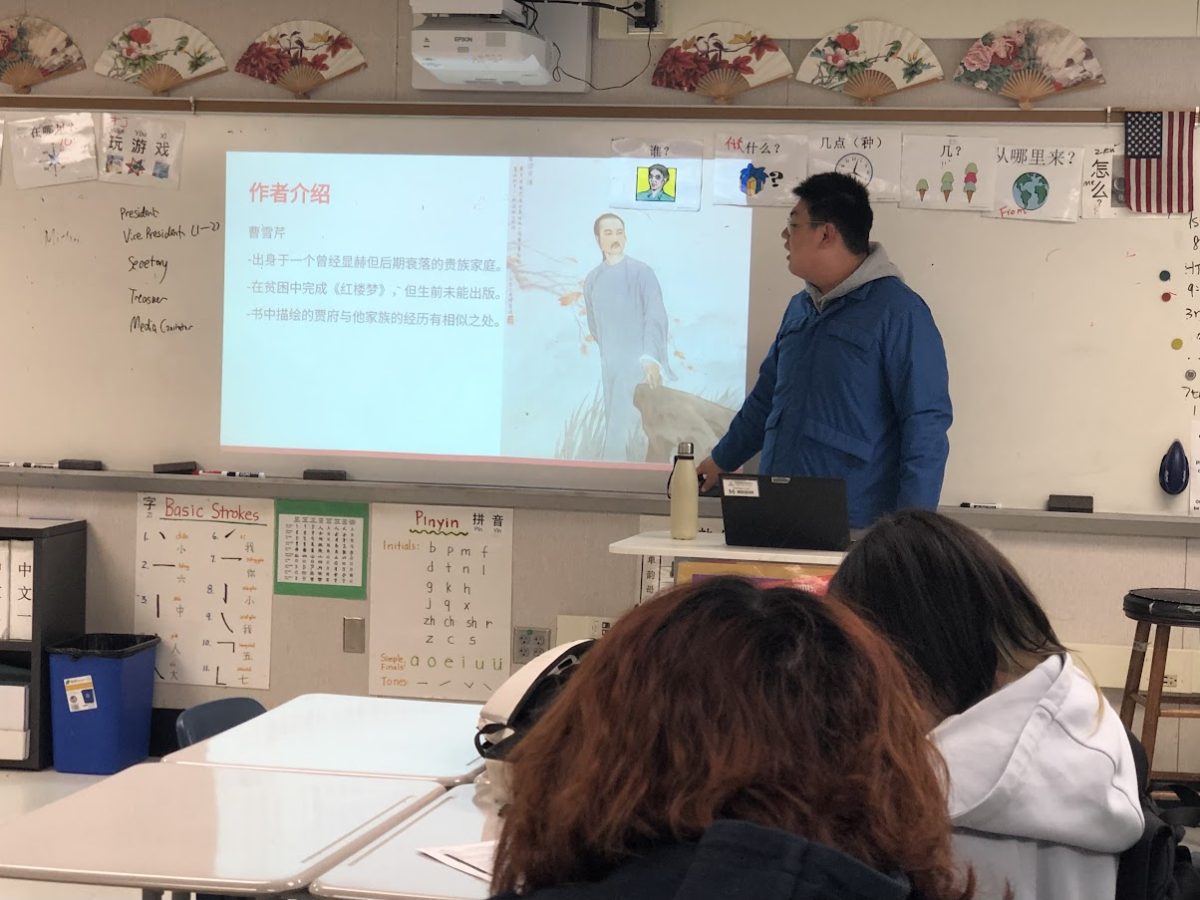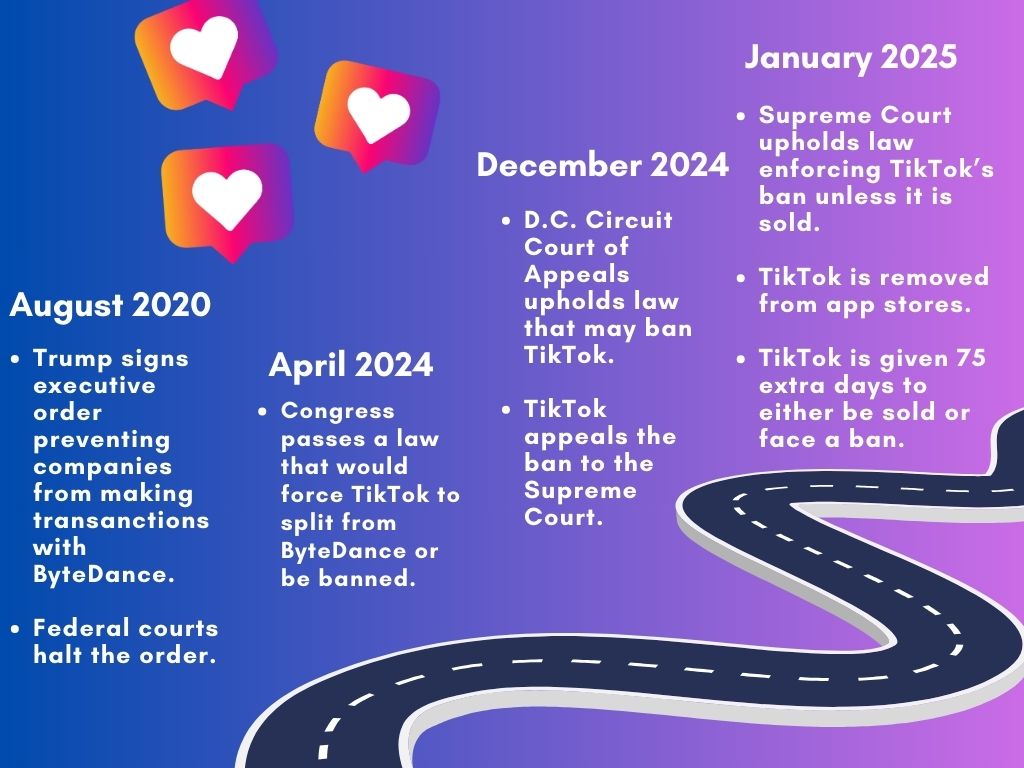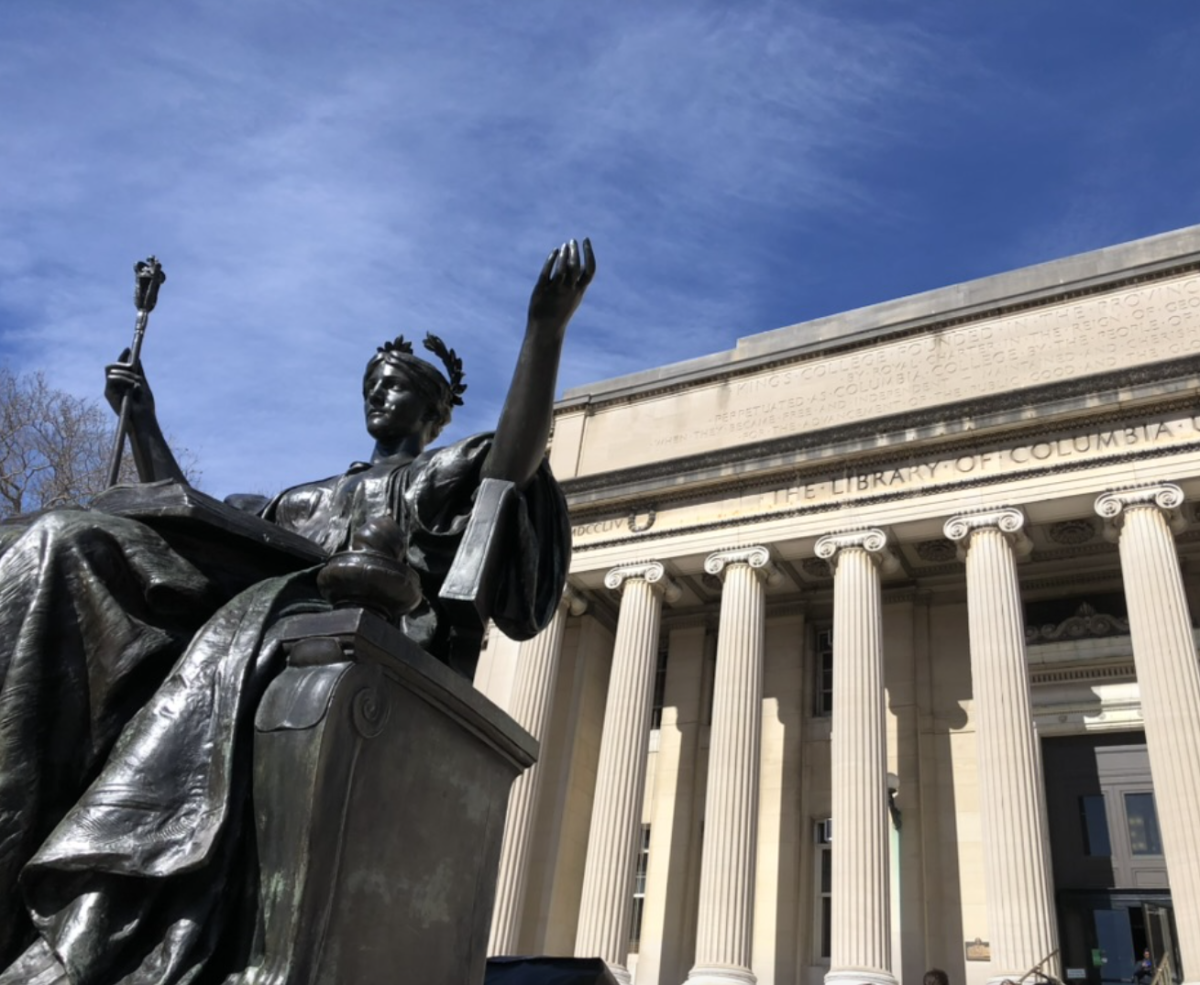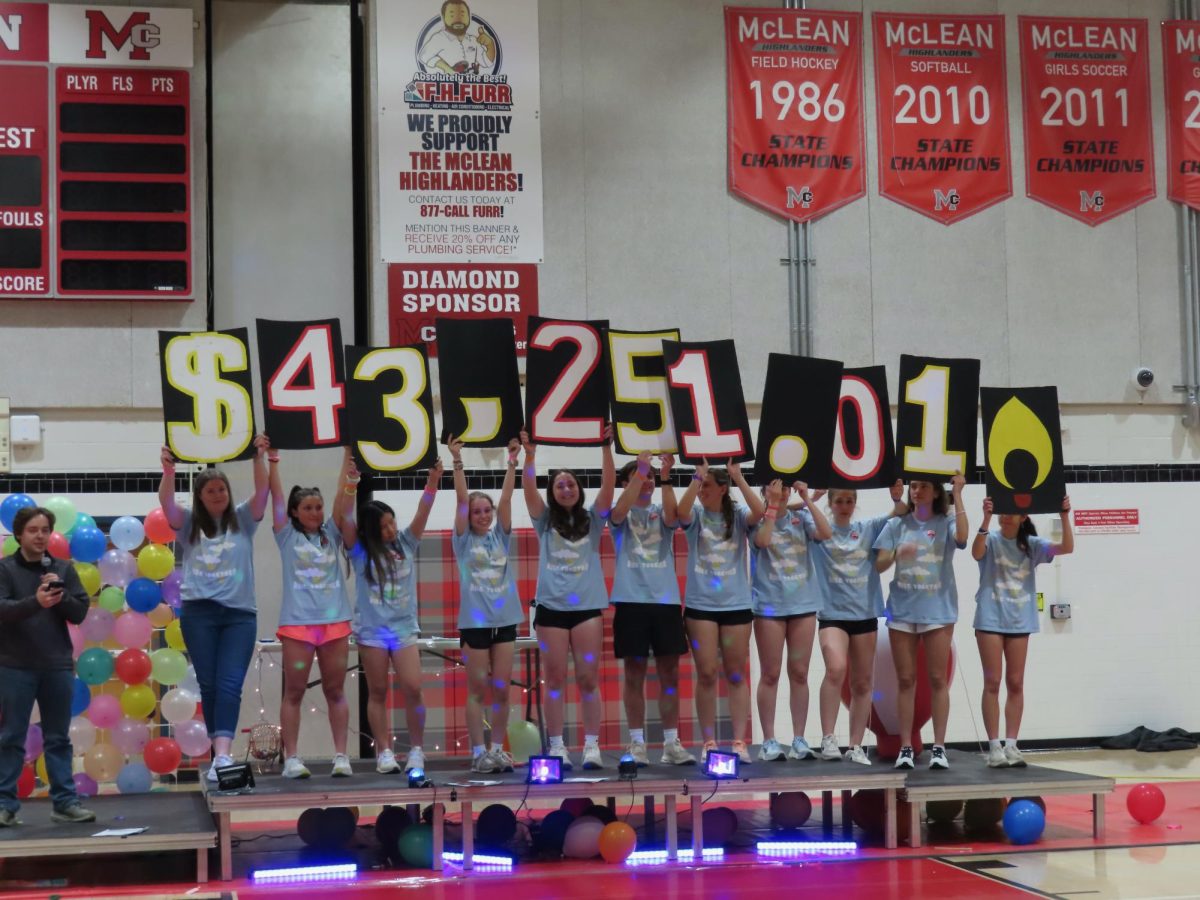Following a tight race for control of the Virginia state legislature in Nov. 2023, Democrats successfully took both chambers of the General Assembly — the House of Delegates and Senate. The new General Assembly convened in early January and will stay in session for two months.
“The General Assembly introduces legislation and passes legislation on issues that matter in the Commonwealth. People often underestimate state politics and what it can do,” said senior Aidan Shaughnessy, the Legislative Director of the statewide student-led advocacy group Voters of Tomorrow. “A lot of the things addressed in the General Assembly are elements of our daily life, from education to the economy.”
From 1999 until 2017, Republicans maintained control of the House of Delegates, with Democrats regaining power in the House the year after Donald Trump’s presidential victory. After a tight race in 2021, alongside the Republican gubernatorial victory, Republicans took control of the House of Delegates once again with a new electoral map.
Legislative victories for Democrats in the incoming legislative session are not certain though, with Governor Glenn Youngkin’s veto power remaining a threat to Democrats for the rest of his term.
On Jan. 1, a number of new and revised laws from the 2023 legislative session also took effect. The changes are minimal but still welcome, with health insurers now required to cover hearing aids for minors and licensed counselors now having extended flexibility to work across multiple states.
Across the heavily Democratic Northern Virginia region, many voters who have long expressed concerns over the future of abortion rights in Virginia under Republicans are happy with the incoming legislature, with some even pushing for the codification of abortion rights in Virginia law in order to prevent any possible bans in the future.
“Abortion getting banned is controversial and [would be] a huge step back for the country,” junior Ailesh Amatya said. “Limiting rights for women and families is not what the country needs at the moment.”
Youngkin has pushed for a 15-week abortion ban in the past and rallied Republicans around the call. Virginia is one of multiple states with abortion ban proposals, with some other states successfully passing abortion bans. Last year, Ohio notably codified abortion protections into law, pushing back against the broader ban proposals despite leaning red as a state. Virginian abortion advocates want to follow a similar strategy.
“The governor has proposed a 15-week abortion ban, which has caused a lot of contention with the Democratic party,” said Shaughnessy, who also is on the leadership of Virginia Young Democrats’ teen branch. “Reproductive rights are incredibly important and these are important conversations to be had.”
Democrats are also looking to send gun control bills to Youngkin’s desk this session, which could shape a contentious political battle if Youngkin vetoes the bills. The 2024 session opens a year after a 6-year old opened fire at his teacher in Newport News, an act that sparked renewed calls for gun control.
“The topic of the second amendment is debated all over the United States,” Shaughnessy said. “In some Virginia districts, people really care about their guns and gun ownership. So for Youngkin, it’s a difficult issue for him to talk about.”
In accordance with the ‘Virginia Way’ — the longstanding concept of political cordiality, honor and bipartisanship in state politics — the General Assembly is also seeking to push more agreeable policy across the aisle.
“Collaboration between parties is needed in this period of political turmoil. I feel like both parties have acted more and more partisan in the last few years,” junior David Sheng said. “I would like to see legislation to improve education for students.”
As a result, both parties are seeking to advance a number of bipartisan legislative priorities. Among them are bills introduced for increasing rural broadband connectivity and supporting behavioral health programs along with expanding mental health resources.
“Bipartisanship is really important, and ultimately still exists in Virginia politics,” Shaughnessy said.


